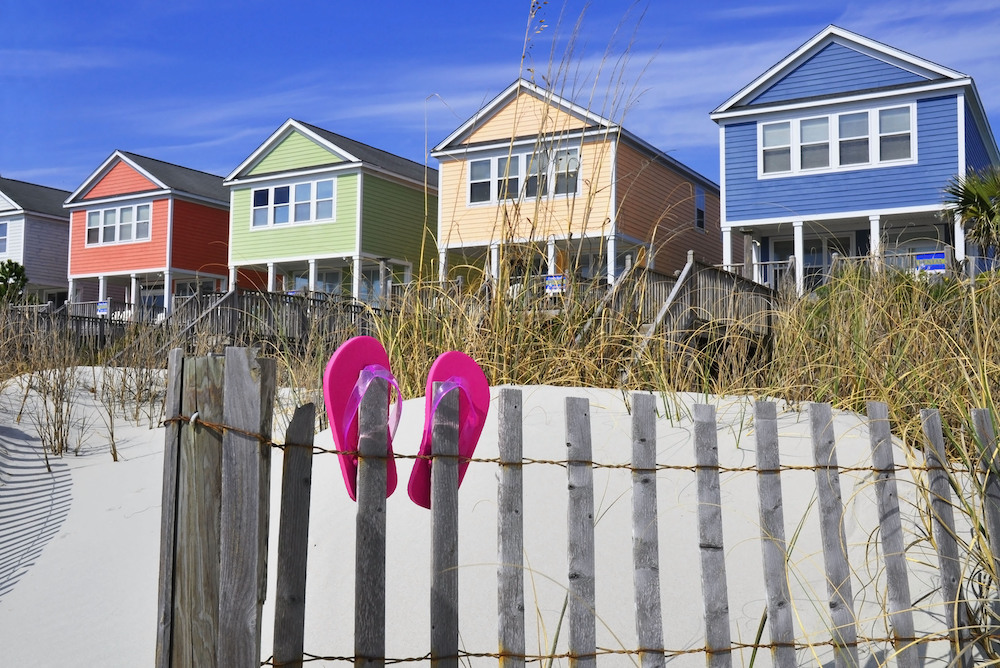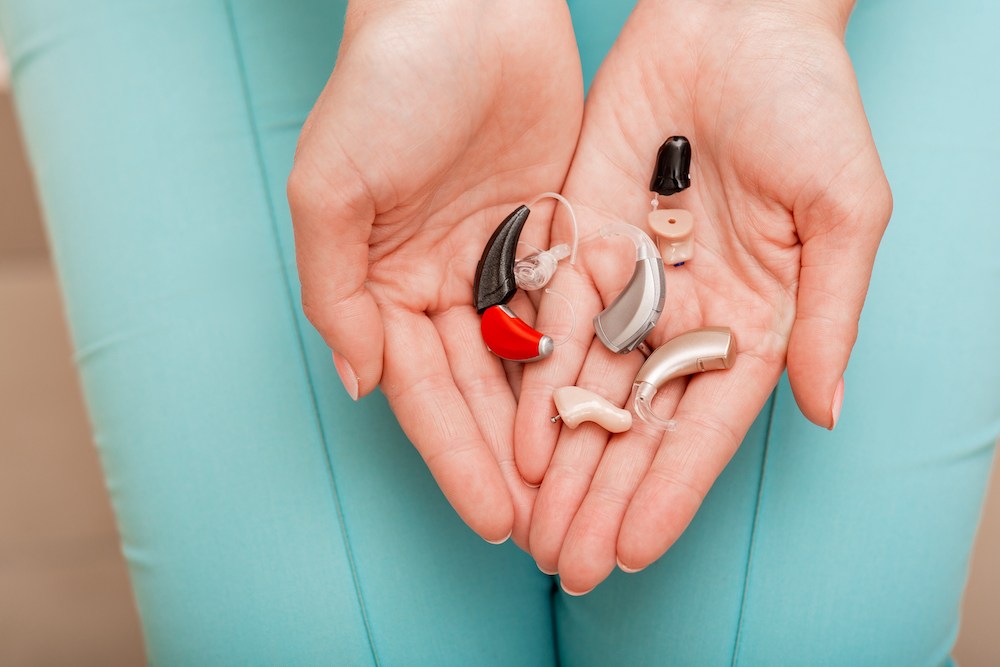Hearing Aid Innovations: What’s New in 2025?
Hearing aid technology continues to improve in ways that directly address


Hearing aid technology continues to improve in ways that directly address

Hearing aids used to be pretty straightforward devices with limited

Your hearing aids are with you all day, every day, so they need to work as